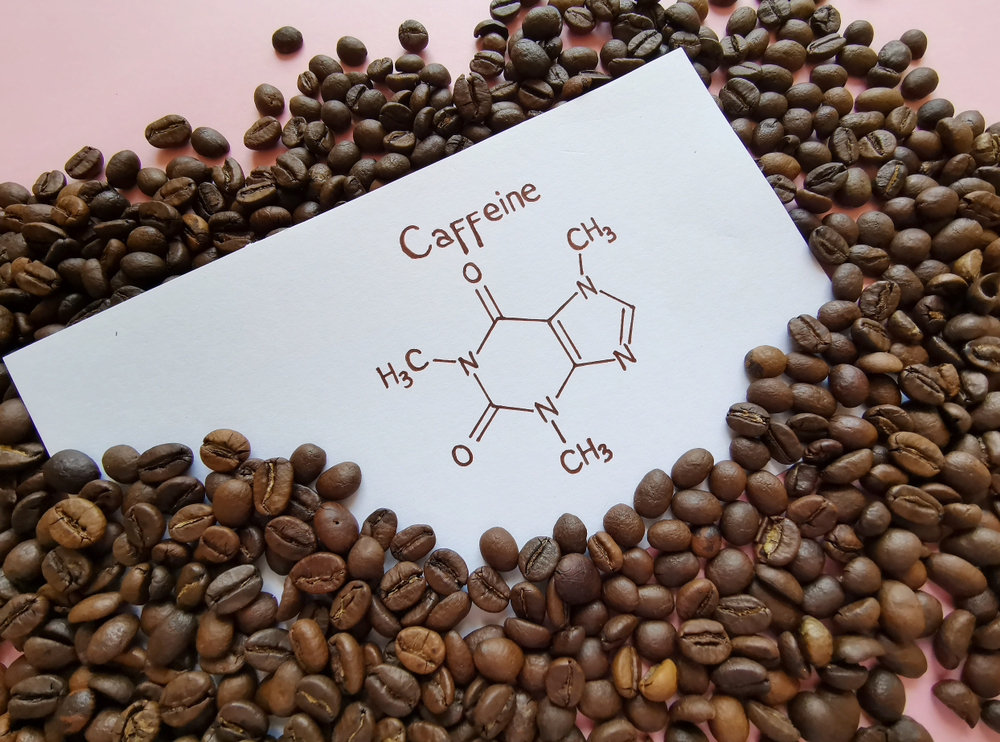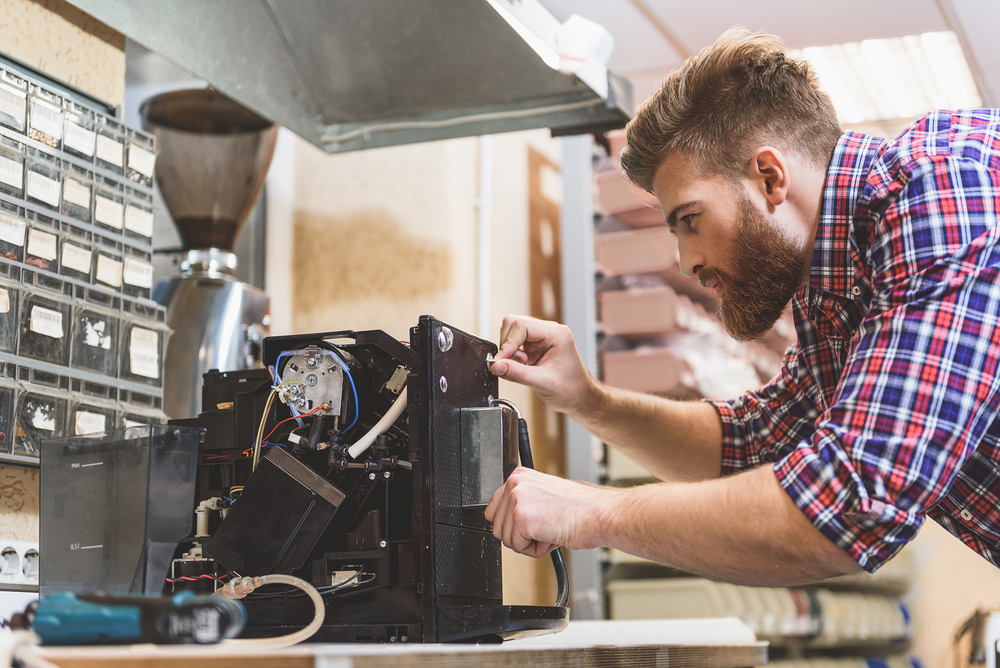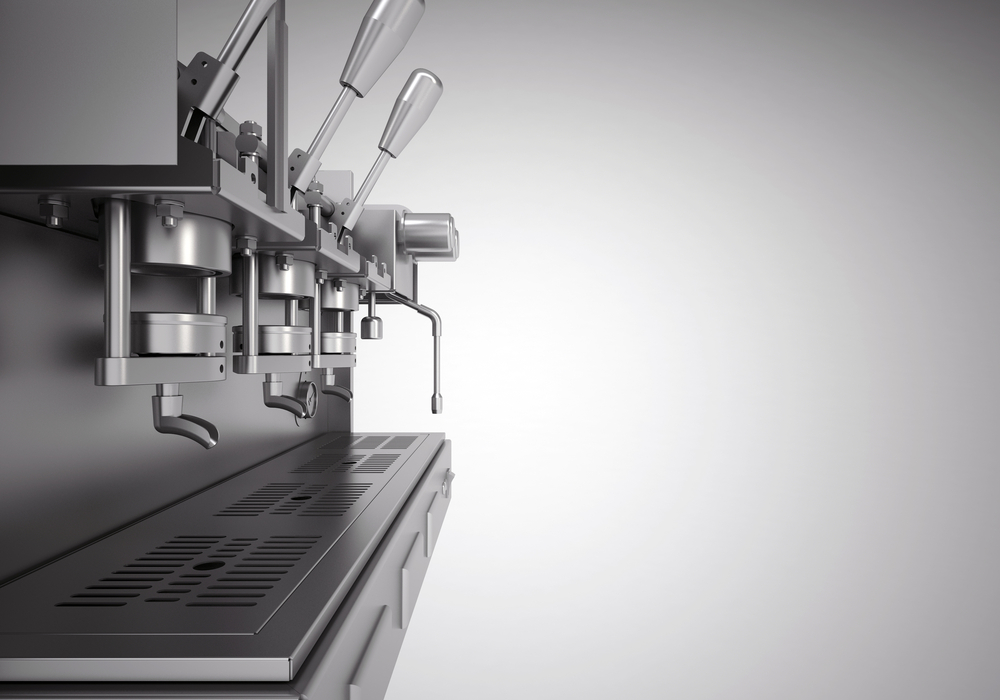Over the years, The Bean Doctor has serviced many espresso machines due to poor water quality. It is something which is oftentimes overlooked by coffeehouses. There are ways you can avoid having to deal with a leak, a clogged machine, or a failed heating element. Not only can the quality of your water effect keeping your machine efficient but will also boost the taste of your espresso.


Water Quality for Espresso
Many times, people underestimate the importance of water. You want to make sure you have filtered, clean water with a little but not too much mineral content. It is recommended to use a water hardness test strip to test the hardness of your water. You should use a water softener if you get a measurement above 5 grains per gallon or 85 parts per million. As mentioned, you should have some mineral content (about 35 parts per million) for the best tasting espresso. In addition, your machine requires some mineral content for some of the internal sensors.
If your water is too hard, it can cause excessive scale buildup in your machine. When this happens your heating efficiency is greatly reduced. When you head is reduced it can clog water passages, and lead to inaccurate temperature. Thus, causing failure of seals and valves. Because water quality is constantly changing, it is recommended to check the hardness of your water every 3-4 months.
Water Filtration for Espresso Machines
Filtration is the process of removing solids from water, such as dirt or rust. Water filters also help to reduce the taste of chlorine and other odors. Your water may look clean, but there could still be a small amount of particulate matter passing through. This could lead to a congested water passage.
The mineral content in espresso is much more important than that of a coffee or tea machine. When making espresso the water only has approximately 25-30 seconds with the grounds so there is little transfer of minerals. However, the brewing process of coffee and tea is longer meaning the minerals have more time to soak in. Because the extraction time for espresso is short, filter systems contain softening resin to remove calcium deposits. Since coffee and tea brew slower, the water would absorb sodium, therefore modifying the taste of the beverage.

Softening of water and filtration are two of the most preventative common threats to espresso machines. If you have any questions about the water quality in St. Louis, MO or the surrounding areas please contact The Bean Doctor. We are more happy to come out and help answer any questions or concerns you may have.
